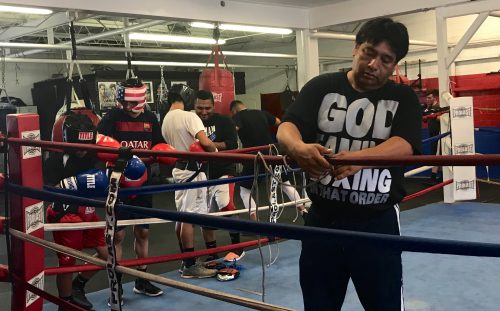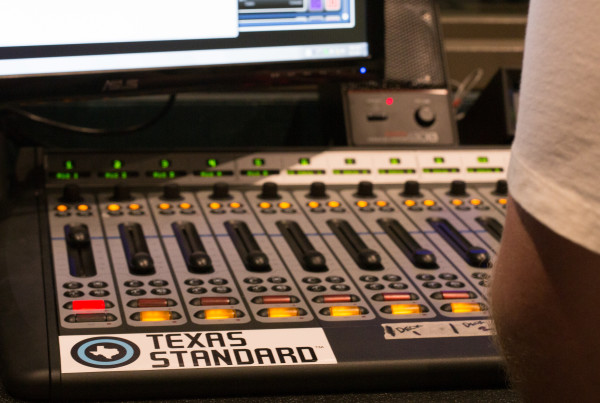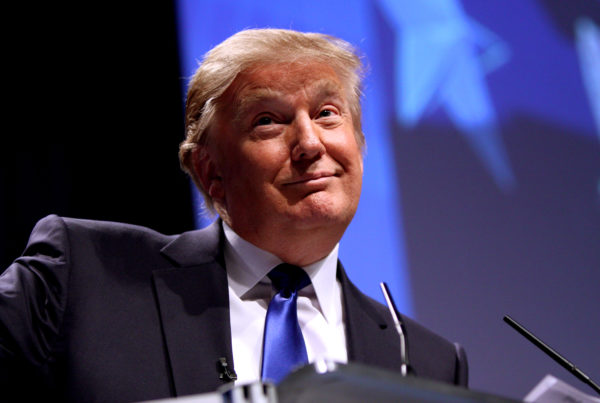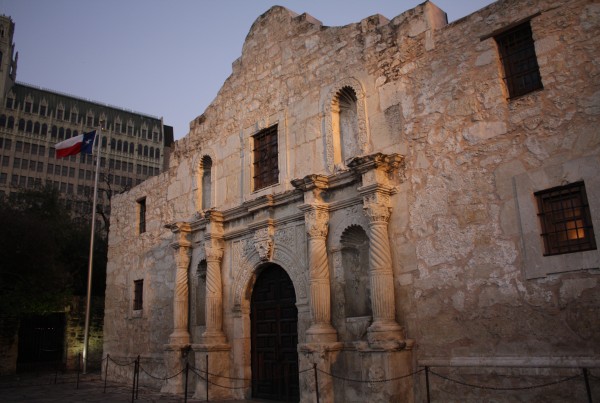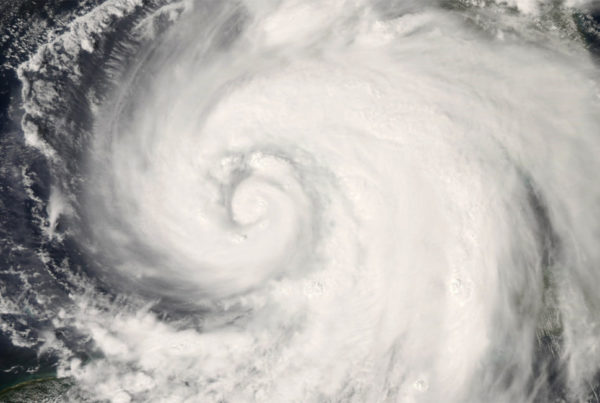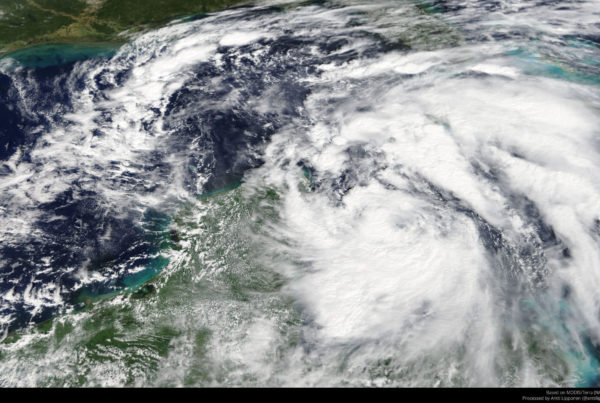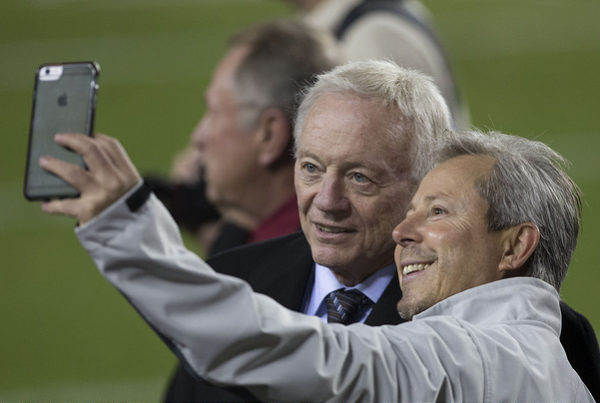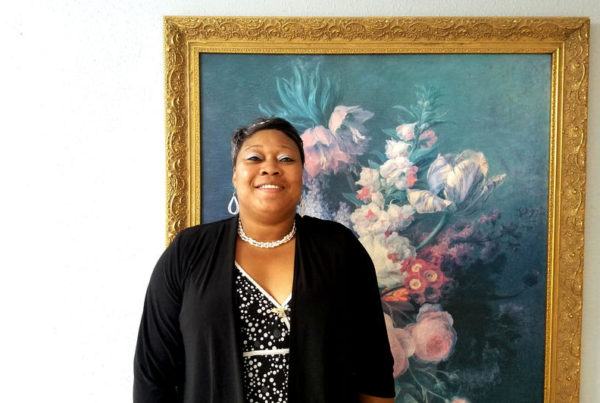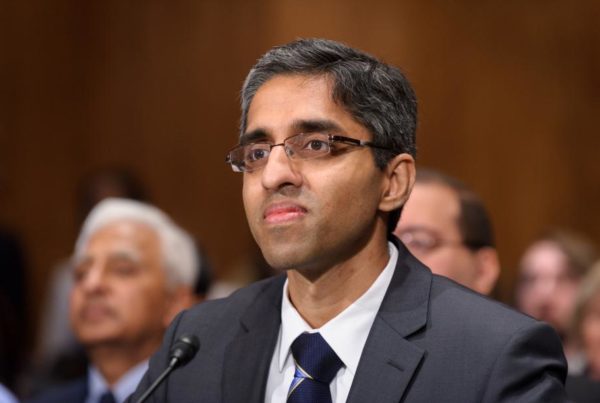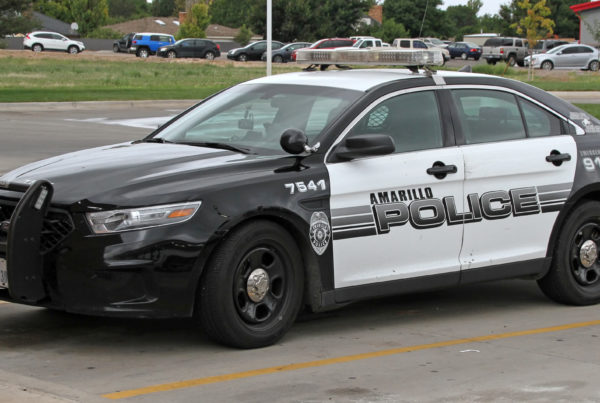From Marfa Public Radio:
The Permian Basin sustains families across Texas, but working in oil and gas comes at a cost. Amateur boxing coach Augustine Tapia uses his gym to help kids cope with the effects of the economic forces that shape the lives of people in Odessa.
By the timeTapia arrives at the gym, people of all ages are already busy jumping rope and hitting punching bags. He wears a shirt with the words “God, Family, Boxing” emblazoned across the front in all capital letters. His brilliant green eyes are partially obscured by drooping brows, remnants of his days in the ring.
“You’re not gonna stop until I see that you’re doing it right,” he yells at a group of kids as they do crunches.
You may not know it from his coaching style, but for Augustine, or Coach Augie as the kids call him, boxing is about more than competition.
Before getting in the ring, the kids run laps around the block on Grant Avenue. Augie stands watch on the corner, as cars whiz by. A few of the kids stop and open their mouths wide for water before they continue jogging.
“The kids who come here, they need this place more than anyone else,” he explains. “Some of them, their parents are divorced…either they don’t have the mom or they don’t have the dad.”
It’s the oil fields, Tapia says, that can take a toll on the kids in Odessa. Long hours and long distances pull families apart.
“I know what it is not to have a dad or a mom,” he says. “Basically I grew up by myself.”
Augie grew up in South Mexico as one of seven kids. His dad left for the United States when he was young, and his mom worked constantly. He left home at age eight to live on the streets in Mexico City.
“A police officer picked me up off the street and put me into boxing,” he says.
The officer picked him up three to four times each week to drop him off at the boxing gym.
“I knew that was my chance, because… at the same time I was boxing, I was running the streets,” he says.
Boxing, he says, saved him.
“Most of the people that grew up with me, they’re all dead or in prison,”Tapia says. “I’m probably the only one that made it… When I quit boxing, I started helping kids. And I knew… because someone helped me out when I was eight and that’s what I wanted to do with the rest of my life.”
For some, boxing is all about the chance to get in the ring and fight. But for others, it’s therapy.
“It helps with my anxiety…” says Sebastian, a 19 year-old who just started coming to the gym. “When you have anxiety, it’s a lot to bear out there. But when I come in here I feel lose, I feel free…”
But even for the kids who come to follow in the steps of the infamous luchadores and boxing champions of Mexico, Augie tries to enforce good habits.
Back inside the gym, he orders the kids to hand him their report cards.
“English! Do you speak English?” he jokes with one of the kids after seeing he has a 70 percent in that subject. “You’ve gotta get it up. No less than 80 percent.”
He traces his fingers over each subject, listing them out loud.
The gym is one room with a few fans to compensate for the lack of air conditioning. Despite the modest setup, it’s a struggle to keep it running. Taking kids to compete is expensive and many parents don’t pay the monthly fee. So, like the families he’s trying to help, Augie works from 7am to 5pm in the oil fields before practice starts at 5:30.
“That’s part-time for oil field,” Tapia says with a chuckle.
Still, he finds contentment, perhaps more than most people do, in doing whatever it takes to keep the gym going.
“If I die tomorrow, I’ll be the happiest camper at the cemetery,” he declares. “This is where my heart is.”


